|
Naomi Alderman, The Power, Viking, 2016. Audio version available on Audible. The Power was on my reading list for months. It sat there while I was unsure whether I should read it or not. It seemed to me it would be too much like this book or this TV show. I was wrong and as I read on it kept on delivering. One day, the fifteen year old girls of the world realise they have the ability to inflict pain with an electric current they can create from a flick of their hands. Little by little, all female teenagers come into their power and grown women realise they can have it too. The power is not only the ability the women of the world have awakening in them, the literal power to hurt. It's how from this physical power arise the self confidence and then the political power, the religious power, the power over others and over history. Power begets violence and violence feeds itself from power. The novel follows four main characters: Allie, a teenager who was abused by her foster family ; Roxy, who is the illegitimate daughter of a London criminal ; Margot, the mayor of an American city and whose daughter Jos comes into her power ; and finally Tunde, a Nigerian young man who reports the events happening all over the world. These four narrative threads really give scope to the events, because we share them from all over the world, either in a major Western city, from different countries, or within a small community. All four slowly reveal the deep mutations of the society, and like a quilt being sewn, you see how this is going to happen. "This?" are you asking. Yes, "This". "This" is the twist in the story that happens in the first two pages and that I won't reveal here because it is, I think, what really sets this story apart. But it makes for a powerful and uncomfortable read, because you end up reading some atrocities, feeling sorry for the men it happens to, before suddenly remembering "Hey! Hang on! This is exactly what is currently happening to women, you know!" And I think that's also where The Power really is successful. The reversal of stereotypical situations and attibutes progresses as the novel progresses and Alderman is to be praised for how she fully exploited the architecture of her story by letting us know, from the beginning, how it would all end. History belongs to the winners. It also makes for a morally complex read. After all, haven't women had to bear with violence and fear and shaming all their lives? Is the reversal acceptable? The novel gives a clear answer to that, though with a bleak view of humanity, whether you're male or female or intersex/queer. What I was afraid of when picking the book was that it would be Buffy season 8 - alternate version (1). It's not (not at all, like really not). It's more of how a turned on its head Handmaid's Tale came to happen mixed with a turned on its head Parable of the Sower. It also reminds strongly of In the Mothers' Land by Elisabeth Vonarburg. The Power picks up the conversation held in feminist scifi novels for decades and adds its stone to the whole. It is the continuity of it. Nonetheless it is different and original thanks to those four first pages that announces a tragedy that you will see unfolding, a bit in the way of a Greek tragedy, while the writing maintains a sustained and gripping pace. And the last pages will have any woman who has had to face a patronizing man chuckling (or sobbing of despair). The Power will very probably end up being a classic feminist scifi novel. Alderman wrote a gripping tale that any SF reader who likes its genre to deal with social and political themes will love. The writer's website. Update, June 2017: The Power has won the 2017 Bailey Prize. (1) If you don't see what I mean, you can check the video below but don't watch it if you haven't watched Buffy and specifically season 7, because, obviously, spoilers! If you've liked The Power, you may also like
0 Comments
Your comment will be posted after it is approved.
Leave a Reply. |
All reviews are spoiler free unless explicitly stated otherwise.
I only review stories I have liked even if my opinion may be nuanced. It doesn't apply for the "Novels published before 1978" series of blog posts. Comments are closed, having neither time nor the inclination to moderate them. |
WHAT IS THE MIDDLE SHELF?
The middle shelf is a science-fiction and fantasy books reviewS blog, bringing you diverse and great stories .
PLEASE SUPPORT AUTHORS.
IF YOU LIKE IT, BUY IT. |
ON THE MIDDLE SHELF
|
KEEP IN TOUCH WITH THE MIDDLE SHELF
|
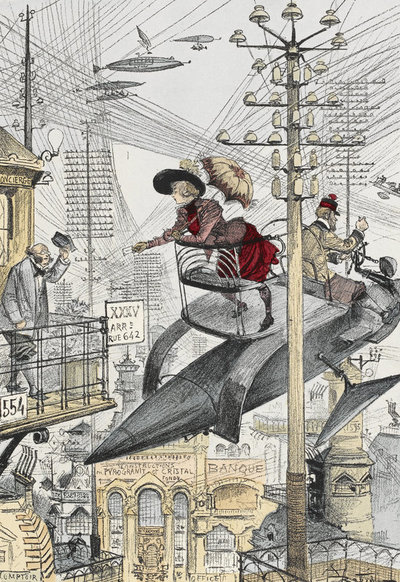
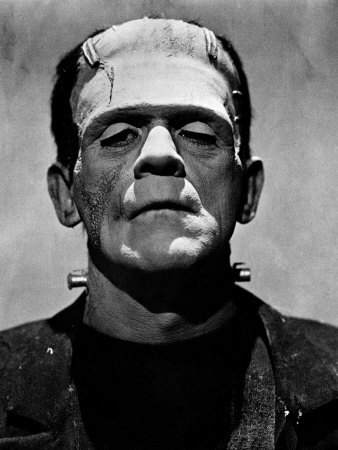

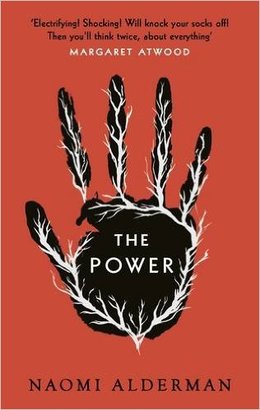

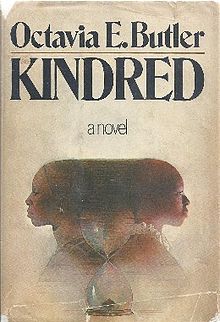
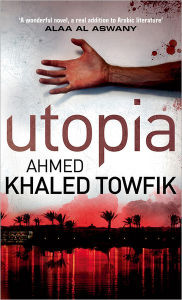
 RSS Feed
RSS Feed
